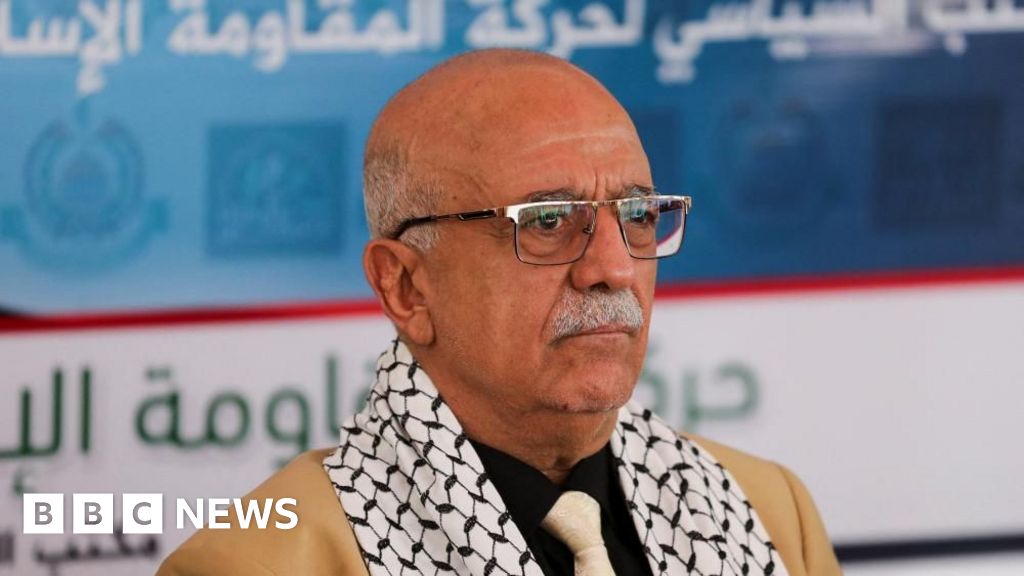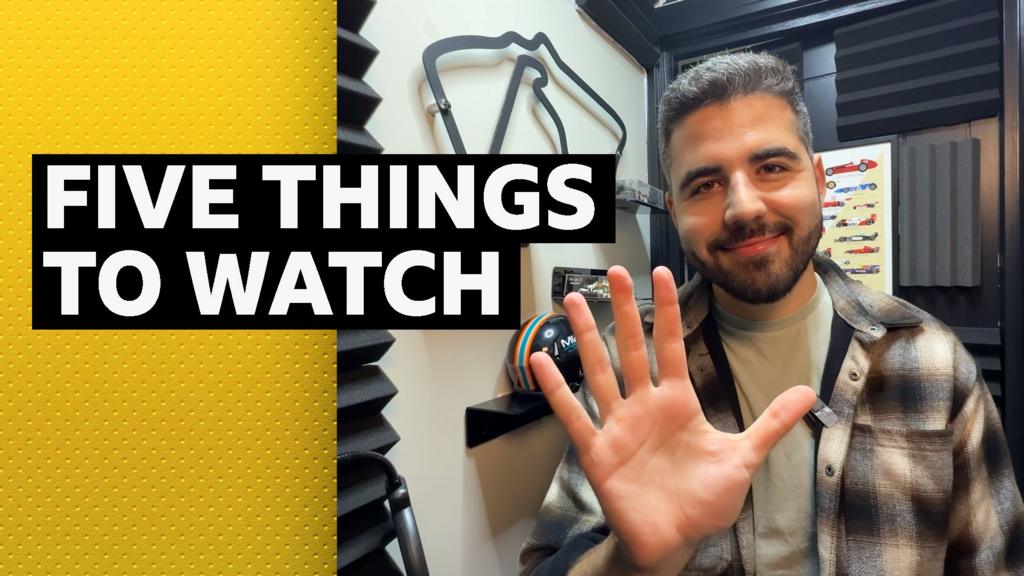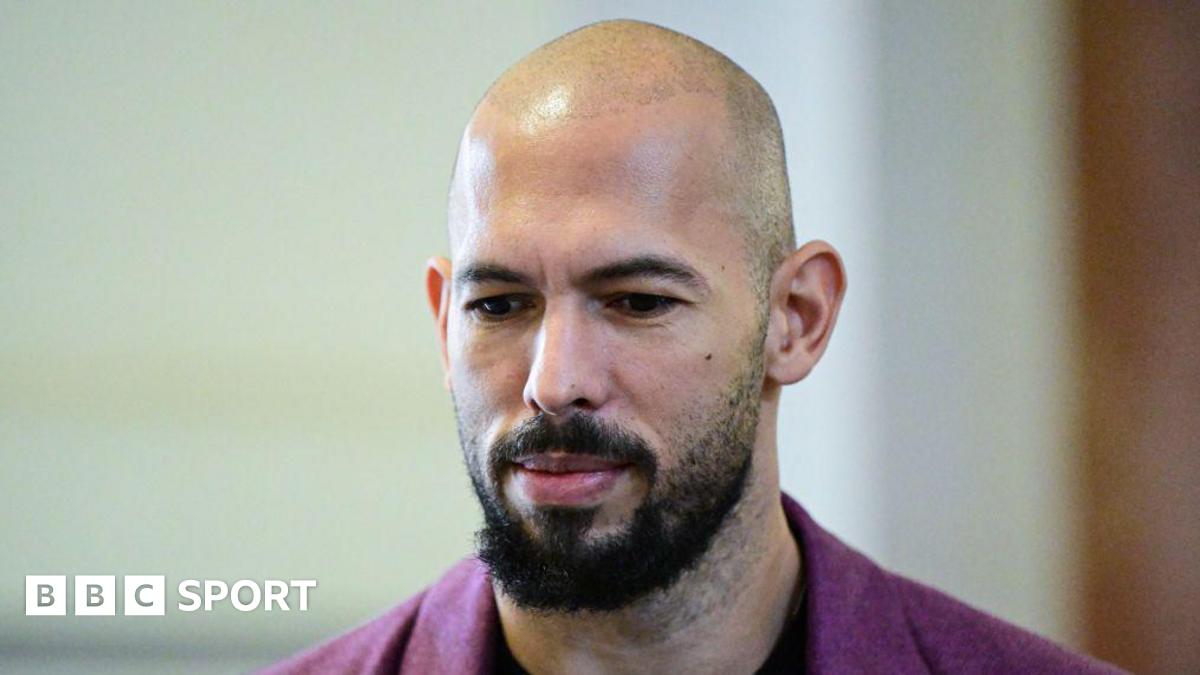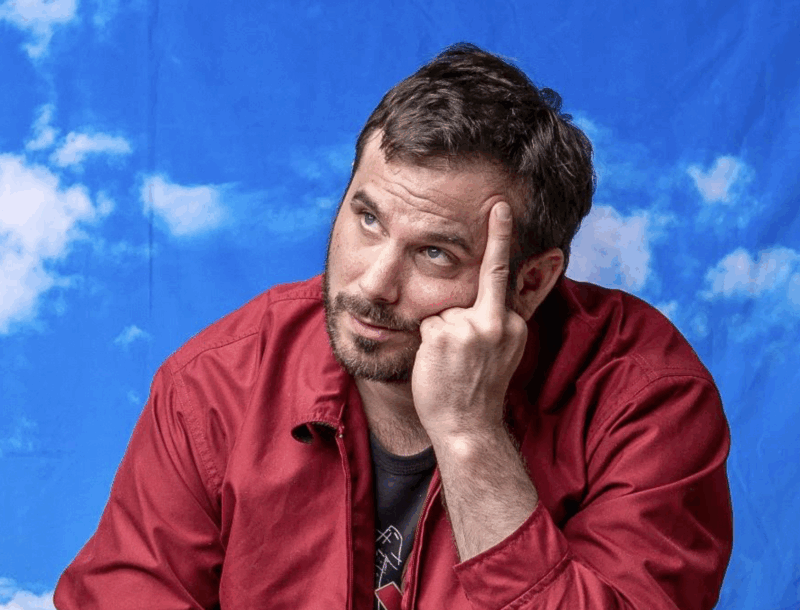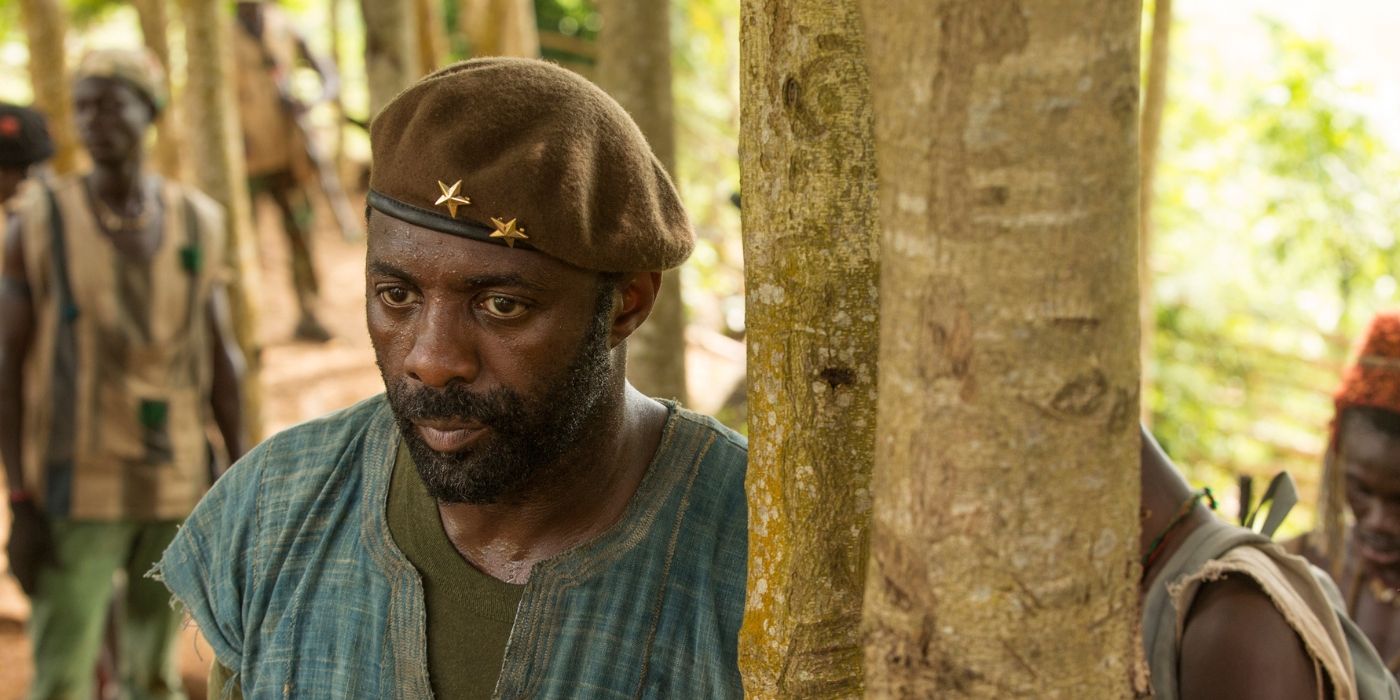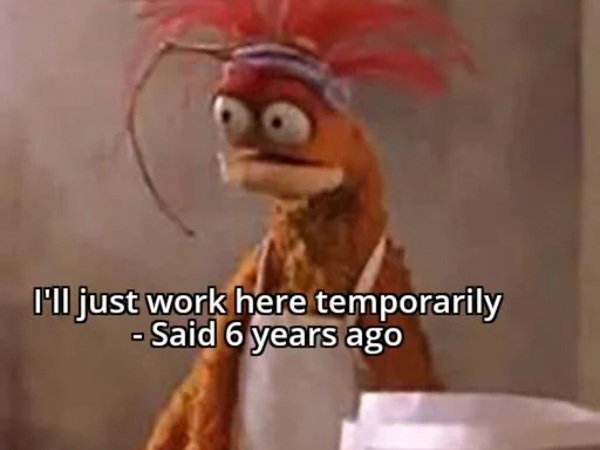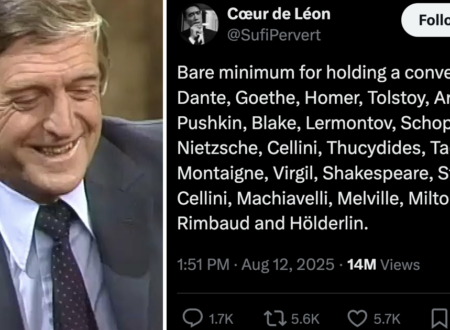Former Disney and Pandora Media execs created an AI-powered adventure game that you need to play to believe
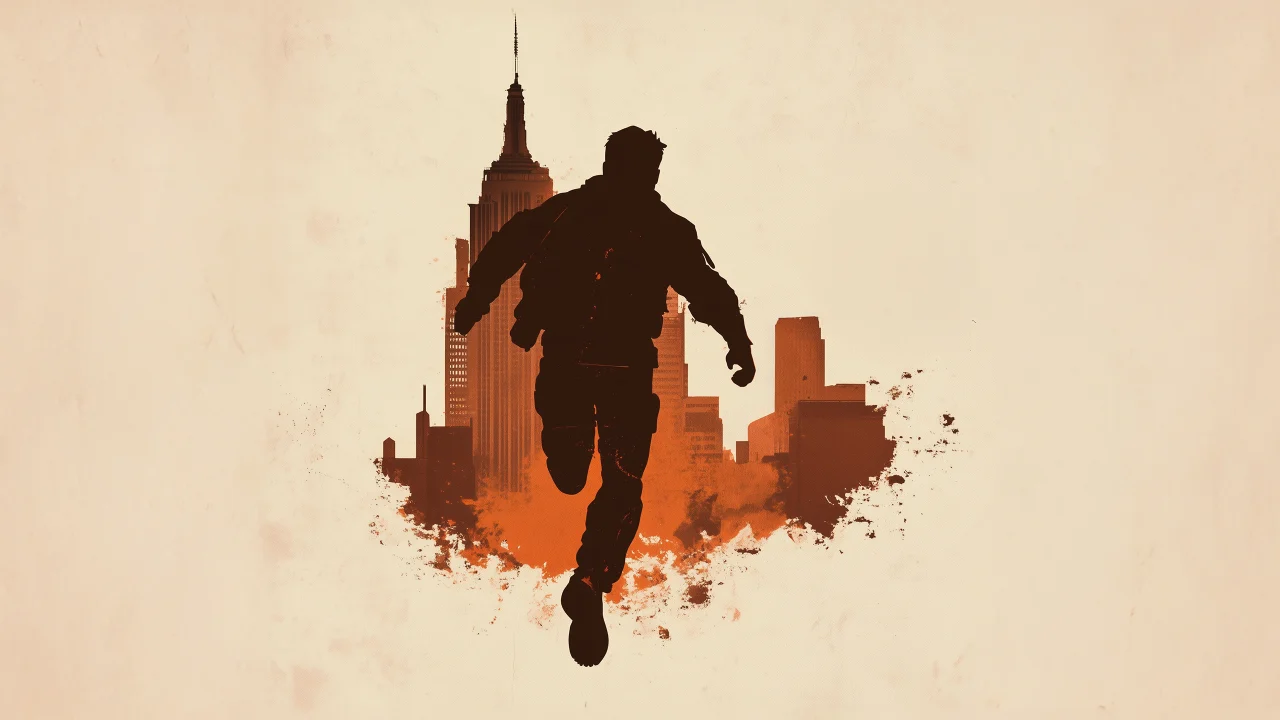
Every journey begins with a single step. But in the budding era of interactive gaming, it can start with a single text message.
That’s precisely how my playthrough of The Operative, a brand-new experience from gaming startup Operative Games, began. I was told that the game would be unlike anything I’ve experienced before, and that was a fair assessment. While I do occasionally fire up my Xbox, or set up a board game like Risk, I wouldn’t call myself a “gamer” by any stretch. But I do have a fairly good sense of what a “game” is or can be.
That was the entire goal of the game’s creators, too. Operative Games describes itself as an interactive storytelling company, led by some industry heavyweights: CEO Jon Snoddy, who previously served as Disney’s head of research and development, and COO Jon Kraft, who was the founding CEO of Pandora Media.
And after literal decades of waiting for the technology to catch up to their concepts for interactive games, generative AI is allowing their visions to come to fruition.
That’s how I ended up being pulled into The Operative.

A playthrough of ‘The Operative’
The Operative is a gaming experience unlike any I’ve had before. The closest thing I can equate it to is an escape room—without spoiling too much, there are clues to track down, questions to ask and answer, and lots of text messages to send and phone calls to field.
As such, I set aside an hour to play it, and when I was ready, shot off a text to a number supplied by Operative Games. Then, I was off to the races.
I immediately received a phone call from a character named Enya—all of the characters in the game are generated by artificial intelligence—who initiated the story. The game is, in essence, a role-playing game, and one that you, the player, are sucked into. You meet characters, have actual conversations with them—via phone calls, text messages, and even on Zoom calls—and they respond accordingly, helping you push the narrative forward.
And yes, the characters do get on Zoom calls. I had a couple of back-and-forths with an animated character named Daniel who was Zooming me from the backseat of a virtual Uber.
Again, I’m familiar with dialogue in games. I’ve played a lot of Fallout, Assassin’s Creed, and others—games in which you interact with non-playable characters and choose dialogue prompts to carry on conversations.
The most interesting aspect about The Operative, and other forthcoming Operative Games releases, is that there are no prompts—you actually converse with characters, and they respond in kind.
For example, Daniel was asking me about myself, and I decided to try and throw him for a loop by assuming the role of Fox Mulder (from The X-Files), throwing out references to ufology and other bizarre commentary. But Daniel took it in stride, noting that ufology was an interesting, if sort of wacky, field.
I continued to play until time ran out, completing roughly a chapter and a half of the 12-chapter experience. It was fun, interesting, and above all, engaging. In my opinion, Snoddy and Kraft have been able to create a completely new experience, and one that requires no console, TV, computer, or controller—only a smartphone—to enjoy.
Operative Games: A genie in a bottle
Snoddy says that as he was working at Disney, he was always thinking about “new forms of interactive entertainment” and “wanted to tell a nonlinear story in which players are active participants.”
The seed of the idea for Operative Games was planted in the early 1990s, during the production of the Disney animated feature film Aladdin. Snoddy says he was watching an animator working on drawings for the Genie character in that film, making faces and movements in a mirror and then working on the animations.
“I was watching him and observing the way he would look in the mirror and draw a face,” Snoddy says. “He’d look at the video of voice actors doing the character—and I had this picture in my head, an epiphany, that what these artists do is encode humanity into this thing, what they’re creating. Writers do it. Filmmakers do it.”
“I had this notion that when I’m looking at a screen, I’m looking back at the people who created it,” he added.
So the idea was formulated as “a whole world of characters, and a system that lets you interact with them,” according to Snoddy, “but this was long before we had the technology to do it.”
At some point, he started discussing the idea with Kraft, with whom he was a longtime collaborator. They talked about it for years, but to make it work the way the two envisioned—with truly interactive characters, who could respond to anything a player said to them—voice actors would need to record tens, if not thousands of pre-scripted lines. And the system would need to be able to call those lines up as needed, on the fly. It simply wouldn’t work.
In the mid-2000s, Kraft, who was working with a company that he cofounded called Big Stage Entertainment, started to see a glimmer of the technology they needed.
From there, Snoddy and Kraft would bounce ideas off one another, and keep a close eye on the technology and tools—which were evolving, but weren’t quite where they needed to be to create a fully interactive game.
But in the past few years, with the advent of accessible and widespread generative AI, it finally happened. Large language models, or LLMs, allowed for language and dialogue generation in real time, so that characters could respond to players directly. Animations, too.
Add in smartphones, texting, and video calls? All of the ingredients were finally there, and in 2023, Snoddy and Kraft dropped what they were doing and focused on building Operative Games full-time.
Putting Operative Games into operation
The pair have surrounded themselves with some top-shelf talent from Hollywood and other industries. They have writers who have helped develop TV shows such as Jack Ryan. And they have decades of experience, along with some capital, to help them figure out what’s next.
Last year, Operative Games raised $4.45 million in a seed round led by 1AM Gaming, according to the company. PitchBook estimated a post-money valuation of $22 million. The company’s key active investors also include Samsung Next Ventures, Long Journey Ventures, and Principal Venture Partners.
As a business model, Kraft says the company is “trying to keep it simple—we think of our games as somewhere between a video game and a television series. What are the models that work in those worlds?” The easiest answer appears to be a subscription model, or something similar—though that’s yet to be decided.
A subscription model could work as such: Players subscribe to a game (or collection of games), and pay for a “season,” like they would a TV show. When new seasons, episodes, or chapters are released, they’re able to play them immediately.
And access for prospective players is another advantage that Operative’s offering has over other types of games. “Players don’t need anything,” Kraft notes. “There’s nothing to download. No console. You start by calling a phone number.” As mentioned, all you need is a smartphone.
“That’s it,” Kraft says. “You reach out to a character, you have a real conversation, they draw you into their problem or situation, explain why they need help, and all of a sudden, you’re connected and drawn in.”
For gamers who are increasingly concerned about the price of games growing to around $80, and tariffs potentially affecting the price of consoles, that can be welcome news.
The next level?
The Operative is the company’s first game, too, and was created in-house. But other intellectual properties and franchises could be used to create new games in the future—and those conversations have already started. “It’s definitely in our future,” Snoddy says.
Operative Games plans a broader rollout of The Operative later this year, with much more to come soon after that.
“We have so many stories to tell,” says Snoddy. “We’ve been talking about narrative and interactivity coming together, and have had a lot of great games in the past that have been linear-cutscene-linear-gameplay.”
He adds, “We’re not going to replace those games, but we’re going to open a whole new window into what games are and can be.”
What's Your Reaction?
 Like
0
Like
0
 Dislike
0
Dislike
0
 Love
0
Love
0
 Funny
0
Funny
0
 Angry
0
Angry
0
 Sad
0
Sad
0
 Wow
0
Wow
0




